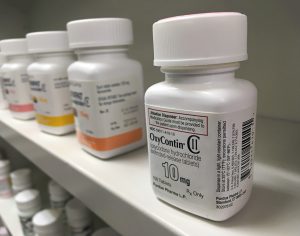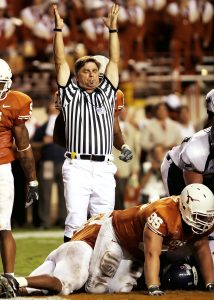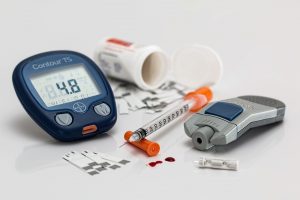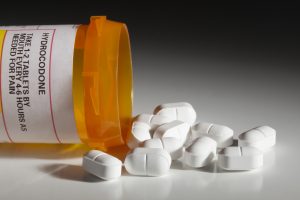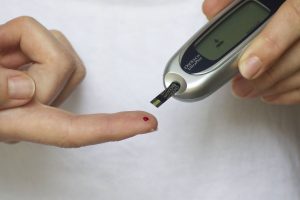 Invokana is a drug prescribed to treat people with Type 2 diabetes. The medication lowers blood sugar levels by preventing the kidneys from reabsorbing blood glucose. I’ve written often about Invokana and the studies that have identified problems with the drug, which you can read about here. I thought it may be useful to give you a history of key dates in the life-cycle of the drug, from its market release through the latest developments in the multidistrict litigation, where currently 1,000 lawsuits have been filed.
Invokana is a drug prescribed to treat people with Type 2 diabetes. The medication lowers blood sugar levels by preventing the kidneys from reabsorbing blood glucose. I’ve written often about Invokana and the studies that have identified problems with the drug, which you can read about here. I thought it may be useful to give you a history of key dates in the life-cycle of the drug, from its market release through the latest developments in the multidistrict litigation, where currently 1,000 lawsuits have been filed.
May 31, 2012. On this date Janssen Pharmaceuticals, a drug company owned by Johnson & Johnson, submitted an application to the FDA for approval of Invokana.
March 29, 2013. The FDA approves Invokana for sale. Janssen and J&J begin selling the drug.
 North Carolina Product Liability Lawyer Blog
North Carolina Product Liability Lawyer Blog


